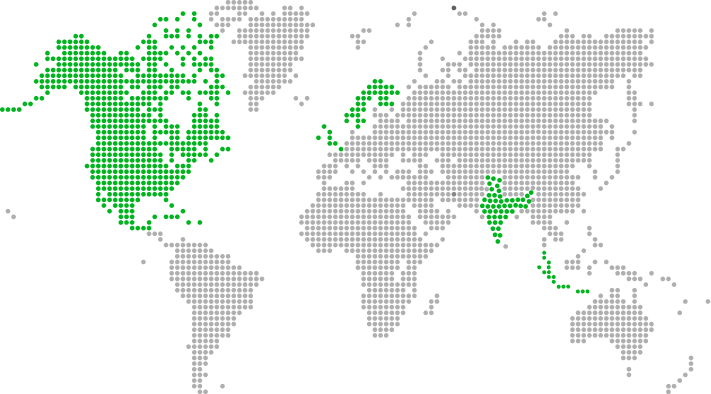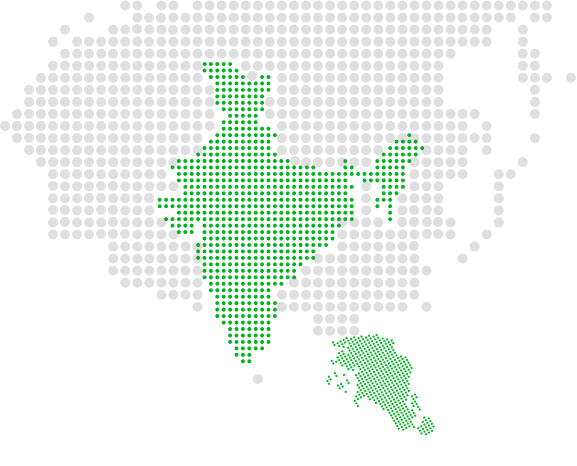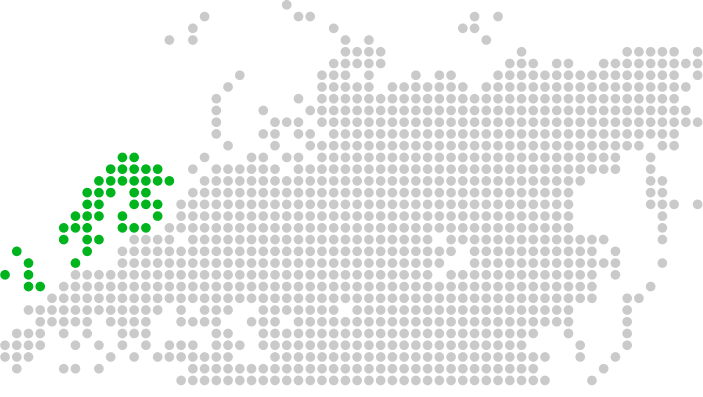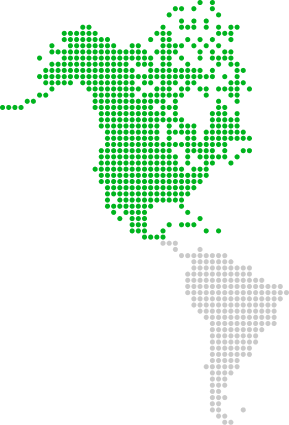



Foodborne Illnesses: A Major Public Health Burden
Foodborne diseases are a major public health burden in the United States, especially the healthcare system. Centers for Disease Control and Prevention (CDC) shares some alarming estimates to highlight why.
As per CDC estimates, here’s the annual impact of foodborne illnesses due to contaminated food consumed in the United States...
- 47.8 million illnesses (i.e 1 in 6 people)
- 127,839 hospitalizations
- 3,037 deaths
For food producers and processors, it is essential to provide transparency and security to consumers who demand safe products with high quality and the best nutritional characteristics. It’s imperative for them to have efficient food quality control mechanisms to prevent food contamination and spoilage, which further increases the possibility of pathogens causing foodborne illnesses.
The risk of food contamination and quality degradation constantly increases as the food moves across different stages of the food value chain.
Food Contamination: Dealing with Regulations and Lawsuits
Food companies are responsible for ensuring the quality of the raw material which is introduced into the food chain. They stand to lose out on a lot, due to inefficiencies in their food quality control processes. Here’s how...
1. Food Recalls
Managing food recalls can be a costly and loss-inducing nightmare. Food recalls happen much too often in the food market. Meat, poultry, nuts, fruits and vegetables do spoil. At times due to ingredients not being properly marked on packaged food.
According to a joint industry study by the Food Marketing Institute (FMI) and the Grocery Manufacturers Association (GMA) - The average cost of a recall to a food, company is $10M indirect costs. In addition, there are immediate sales losses and long-term brand credibility damage.
One human mistake is all it would take for food inventory to spoil, or products to be recalled, without proper lot tracking mechanisms.
2. Food Contamination Lawsuits
However, a more serious challenge is legal liabilities arising from food injury lawsuits from consumers. US law allows victims of food poisoning/ injuries to file a lawsuit against food sector companies responsible for the illness. Pecuniary damages generally have a clear dollar value associated with such lawsuits.
For a short-term illness, this generally includes: Medical bills, prescription medication, and lost wages. Economic damages could include lost earning capacity, if a person gets a permanent injury or disability, as a result of getting ill from contaminated meat or produce.
And one lawsuit can pave way for several more, undoing years of business growth.
Ensuring Traceability - From Farm to Fork
With such challenges staring at food companies in the face, it is truly difficult for them to operate sustainably and profitably. Transparency and traceability have never been more important for food companies. At the same time, food producers and processors are under constant pressure to minimize waste while ensuring freshness and food safety. They also have the need to unlock supply chain efficiencies and boost the bottom line.
Traceability can be leveraged as a way to manage risk, allowing food companies to make those quick decisions in case of an emergency. With data collected on various parameters on a periodic basis, they can ensure informed decision-making at scale, while improving forecasts.
Food companies are leveraging this data to drive food quality control across the food value chain. Here are some examples.
- Addressing Contamination at the Processing Level - By leveraging Machine Learning (ML) driven hyperspectral imaging to detect contaminants/ pests on the assembly line.
- Improving Traceability at Processing and Packaging Level - Through blockchain-driven lot tracing to track all touchpoints across the food supply chain.
- Tackling Spoilage at the Food Transportation Level - By tracking vital telemetry parameters across cold chain transport such as location, temperature, humidity, motion, shock and tilt - to monitor and reduce food spoilage.
Efficient food safety and traceability systems have become an absolute necessity for food enterprises. Xoriant is enabling such food enterprises to capture more data, analyze it, and act on it sooner – with rapidly extensible solutions powered by a powerful low-code IoT framework. Our iterative, block-by-block approach allows for rapid assembly and building of a high-impact food quality control framework.
To learn more about how we can help you ensure food traceability and safety across your operations - Connect With Us
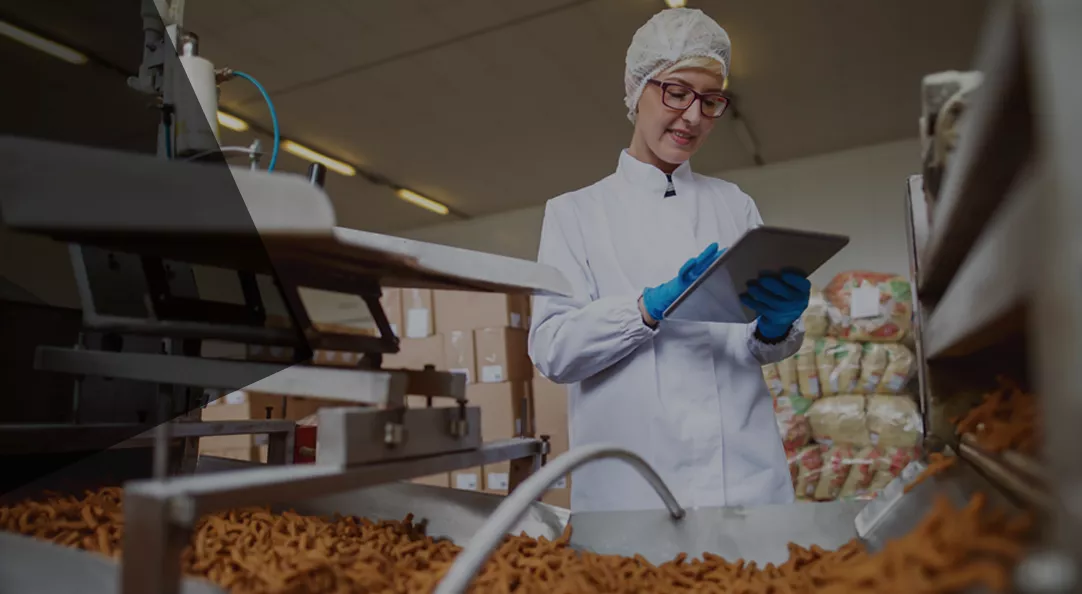


 View Previous Blog
View Previous Blog
